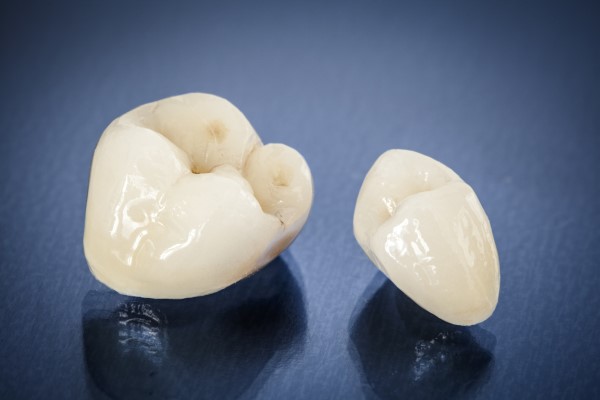What Can Happen if Tooth Decay Goes Untreated

Some people may not realize how improper oral care can have a negative impact on their overall health. Untreated tooth decay does not heal without treatment and usually worsens over time. When those with multiple cavities ignore their dental needs, they may be putting themselves at risk for a variety of other medical problems, some of which can have long-term physical effects.
The causes of tooth decay
Most forms of dental decay are caused when individuals do not brush long enough or fail to reach certain parts of the mouth, such as the rear molars. Over time, food particles get caught in the teeth and cause plaque and tartar, a hard, scaly film, to form on the teeth. This encourages bacteria to form and eat away at the teeth. Once the bacteria reach the dentin of the tooth, it forms cavities. Not only do these cavities usually cause pain, but they can also trigger other problems in the body if they go untreated.
Infection
When cavities form and become large enough to catch and trap bacteria, an infection may set in. As bacteria builds up, it can enter the bloodstream via saliva and cause infections elsewhere in the body. This can result in several different issues, including:
- Intermittent fevers
- Fatigue
- Possible organ damage
When cavities form, it can take some time for an infection to set in. However, once this occurs, it may take considerable time to reverse the tooth decay and heal the body, especially if multiple cavities are present.
Tooth abscess
A cavity can cause the dentin and roots inside a tooth to die, and when this happens, bacteria can cause an abscess around it. This is usually quite painful and can result in discomfort while chewing or speaking, as well as swelling in the gums near the tooth, which usually causes sensitivity and even bleeding. Because of the risk of serious infection, a tooth abscess will likely need attention from a dentist before it grows worse.
Tooth loss
When a cavity goes untreated, tooth decay will likely continue until the damage becomes untreatable and a dentist must remove an affected tooth. Decaying teeth may also loosen and fall out or break on their own, a problem that can affect the surrounding teeth, causing them to shift. The longer a cavity is allowed to grow, the greater the risk of tooth loss.
Gum pain and swelling
Cavities can affect the entire mouth, including the gums. Infected teeth and increased bacteria may trigger gingivitis, or swelling of the gums. When this occurs, the gums become irritated and may bleed when affected individuals brush their teeth. If the cavity goes untreated, this swelling may become worse and eventually lead to loose teeth.
Conclusion
Untreated tooth decay can cause serious health issues in people of all ages. Brushing and flossing daily, as well as visiting a dentist for cleanings and regular exams, can prevent this problem and keep a smile beautiful and healthy for years to come.
Request an appointment here: http://www.drmccawley.com or call James R McCawley DDS at (615) 526-2497 for an appointment in our Murfreesboro office.
Check out what others are saying about our services on Yelp: Read our Yelp reviews.
Recent Posts
Dental fillings are one of the oldest known methods of dental restoration. Dentists have been placing dental fillings for years as a way to stop damage and restore an unhealthy tooth. However, as modern dentistry has begun to take over, certain types of dental fillings are beginning to die out. Silver dental fillings were originally made…
A person’s smile is one of the first things that they show off to the world, and a dental crown is one way to bolster that smile and restore teeth that may have sustained damage or blemishes. Dental crowns look similar to natural teeth, so no one will be able to tell at a glance…
A root canal treatment can restore your tooth. It is an invasive treatment that aims to remove the damaged or infected pulp. But what should you do after this outpatient procedure? Here are the details on what will happen after a root canal.The dentist will suggest waiting until the effects of the anesthesia fade before…
Need a restorative dentist? Do you have an awkward smile? Have you been told by friends and family that your teeth need some attention? If so, don't worry! Many dentists can help. One option is to see a dentist who offers restorative treaetments. This type of dentistry will provide the best options for restoring your…


